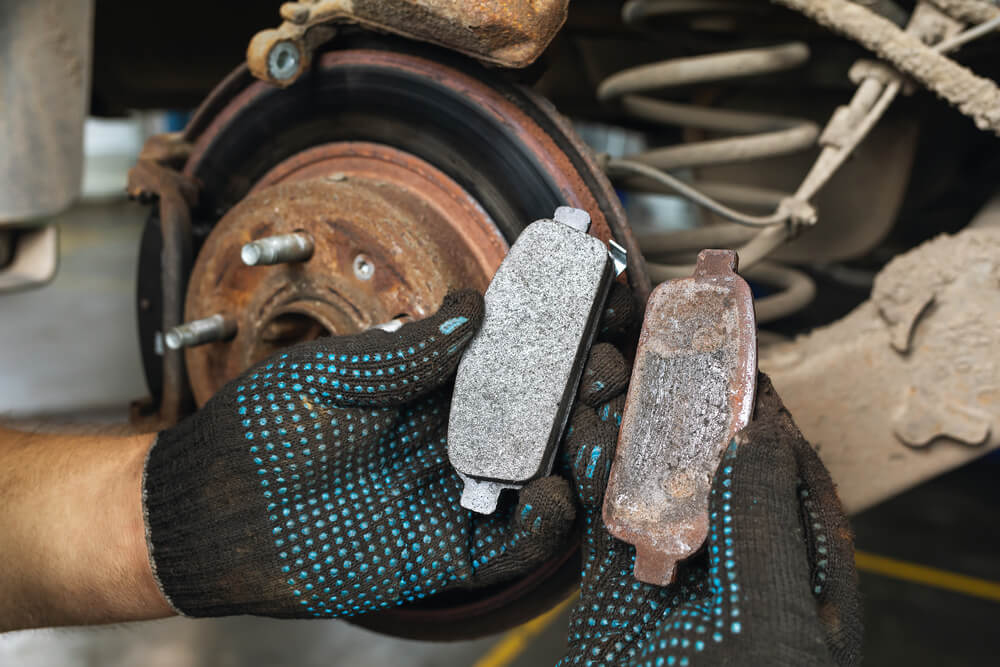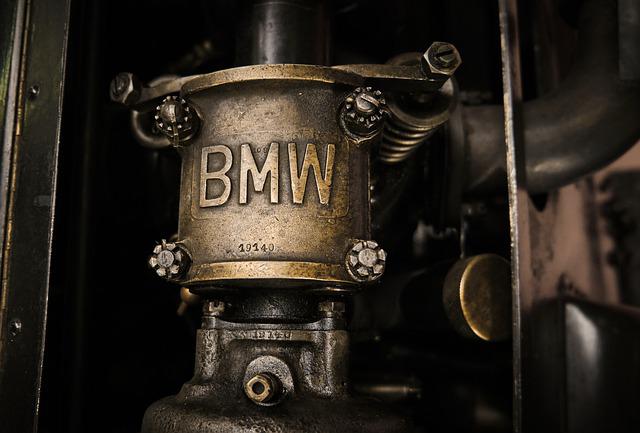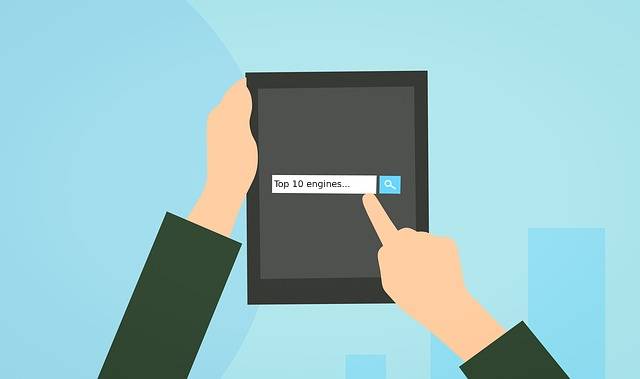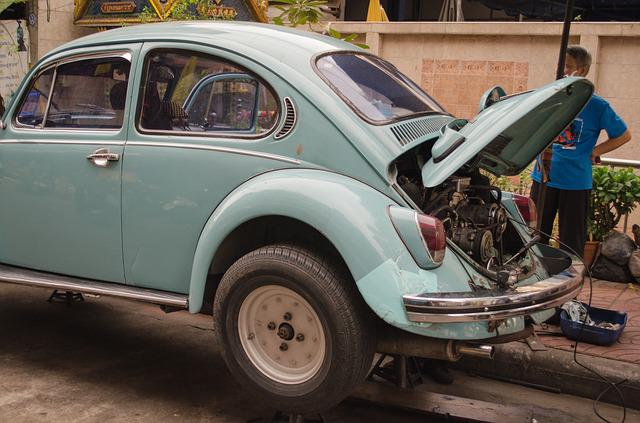Worn Brake Pads: Here's What You Can Do
Find Used Engines and Transmissions for a Great Price! Live Assistant For Used Engines Call 1800-518-9776

The braking system on your car depends heavily on the brake pads. They are the friction substances that the brake rotors (discs) come into contact with when you use the brakes. As you use your brakes over time, the friction material on the brake pads eventually deteriorates.
It is necessary to pay attention to this wear on a regular basis to ensure that your brakes continue to operate safely and effectively, even though it is a normal component of the braking process. We'll discuss the importance of worn brake pads in this blog post, as well as what you can do to fix this frequent car problem.
Implications of worn brake pads
-
Extended Stopping Distance: Your car will have a harder time stopping if its brake pads are worn. Those critical extra moments can make a big difference in preventing mishaps in emergency situations.
-
Noises That Squeal or Screech: A high-pitched squealing or screeching sound when you use the brakes is one of the early warning signs of worn brake pads. The brake pads' built-in wear indication is what produces this noise, which serves as a replacement reminder.
-
Lower Braking Effectiveness: Because worn brake pads have less friction, they can't grasp the brake rotors as well. This puts you and others in danger because it causes longer stopping distances and poorer braking ability.
-
Brake Rotor Deterioration: You run the danger of harming the brake rotors if you keep driving with brake pads that are significantly worn. Due to the possibility of having to replace both the pads and the rotors, this can lead to expensive repairs.
Ways to fix worn brake pads
-
Replace your brake pads on time: Schedule a brake pad replacement as soon as you notice any of the aforementioned symptoms. If you have experience with automotive care, you may decide to handle this yourself; otherwise, you may choose to get your car serviced by a respected mechanic.
-
Think about callipers and rotors: Examining the condition of your brake rotors and callipers may be wise if your brake pads are very worn or if you're having other brake problems. Components that are damaged or worn out should be replaced right away.
-
Examine your brake pads: Start by checking your brake pads visually. There are apertures in the wheels of many cars that let you inspect the brake pads without taking the wheels off. It's time to replace the pads if the thickness of the friction substance is less than around 1/8 inch (3 mm).
-
Think about rotors and callipers: It may be wise to check the state of your braking rotors and callipers if your brake pads are extremely worn or if you're having other brake problems. A damaged or worn component should be replaced right away.
-
Examine for brake dust: Check your wheels for a buildup of excessive brake dust. Even though some dust is common, a significant amount could indicate that your brake pads are deteriorating quickly.
-
Pay attention to any alarms: When braking, pay attention to any odd noises, such as squealing or grinding noises. These noises could mean that your brake pads need to be replaced since they are worn out.
Conclusion
Keep in mind that the effectiveness of your vehicle's braking system determines both your safety and the safety of other drivers on the road. If you think your brake pads are worn, take action right away. Maintaining your brakes in peak condition and ensuring you have the stopping power you require when it matters most will require routine inspections and fast repairs.
We may be able to help you out if you're looking for some excellent prices on high-quality used engines and transmissions. For further details, see our website for used engines.
related
You May Also Like

Which BMW Has the Most Horsepower?
A car is useless if it doesn’t have good horsepower. Just imagine driving your car with sluggish acceleration and it drags on the road whenever you take it for a spin.
Read Article
10 Best Engines Made So Far By Top Engine Manufacturers
Over the years, the car industry has seen major changes. Car engines have become smarter and it looks like every new engine that rolls out is better than the other.
Read Article
How to Make Your Car Last Forever?
Isn’t it lovely when a new car works the way you want? The gears shift smoothly and the wheels roll without dragging against the road. But as your car gets older, you’ll notice that it doesn’t drive smoothly, has lower fuel mileage, and overheats easily.
Read Article